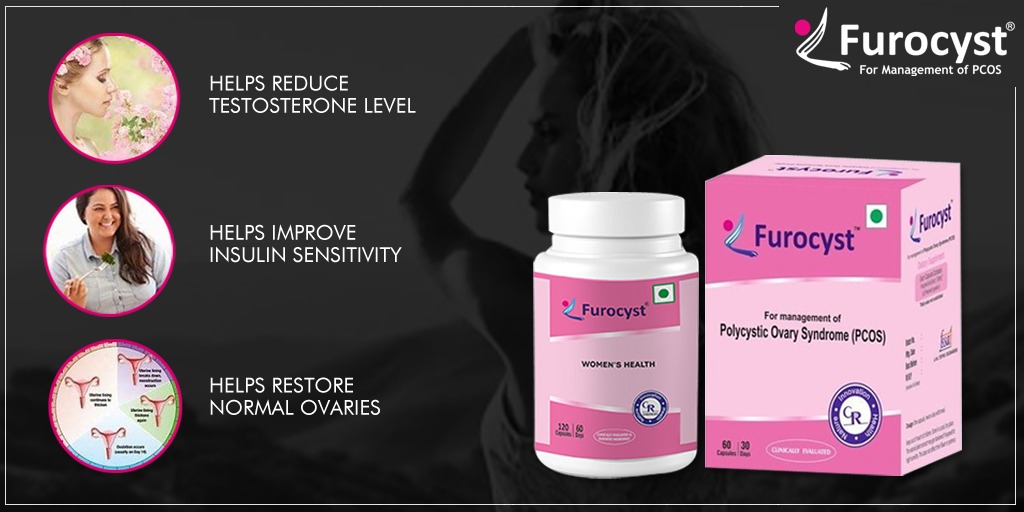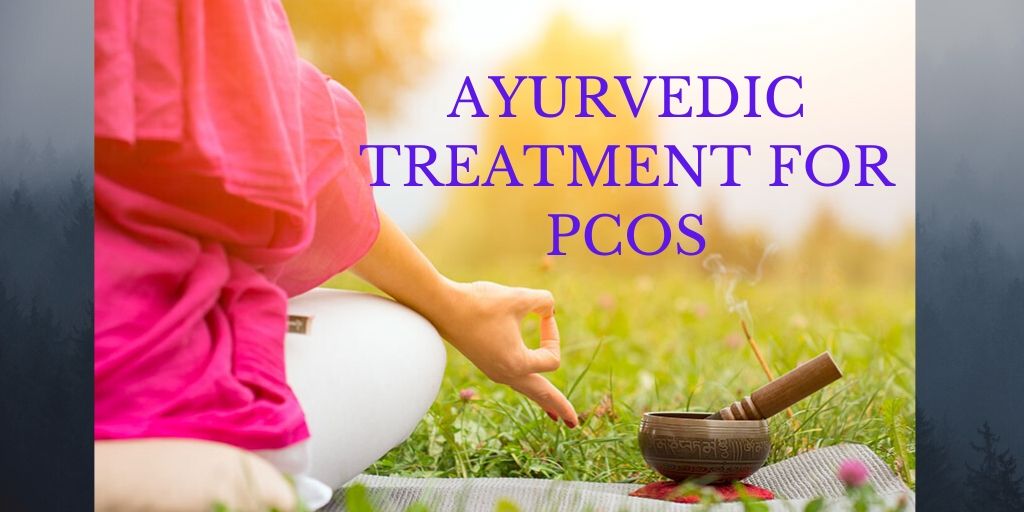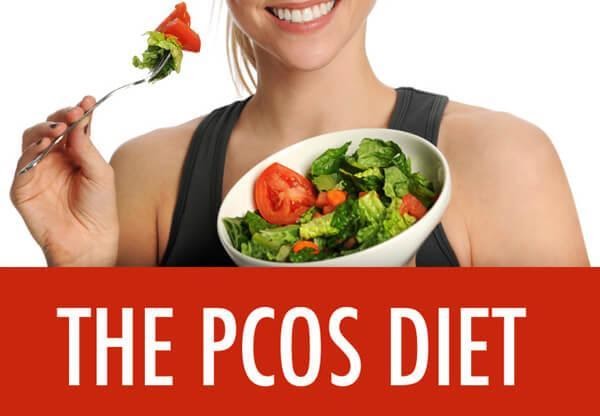Have mid-night annoying trips to the bathroom become usual in your life? Alert! Maybe these are early signs of some problematic conditions you’re likely going to face. Urination at unusual times in the night is surely pointing towards a cause of prostate enlargement. Yes, it’s one of the most common problems among men that becomes apparent as they grow older.
However, you might be wondering ‘if it’s a common problem then why do I need to worry’. Of course, it’s a common problem, still, men who detect signs of prostate enlargement earlier but intentionally do not show any interest in its treatment can face bigger problems in their life later.
Lots of people usually overlook it, but timely precautions may provide you with effective management of these problems. Let’s discuss more it.
First, understand what is Prostate?
The small walnut-sized reproductive system –‘Prostate’ has a crucial role in men’s life. It’s a muscular gland that surrounds the urethra. Besides, the prostate works in providing sexual satisfaction to men.
For instance, it propels the fluid and semen from the penis for a great sexual experience. But as said above, over time, the prostate grows bigger in size. Consequently, the complication starts threatening the quality of a man’s life.

Introduction to Prostate Enlargement & why it occurs
Prostate enlargement or benign prostatic hyperplasia (BPH) is an uncomfortable urinary problem. A man with BPH may start experiencing frequent urination. However, this problem stems from the multiplication of cells in the prostate gland that leads to a larger prostate. As a result, the accumulation of these multiple cells creates swelling around the urethra.
 As a result, the urethra gets squeezed which creates a hindrance in urine flow. However, you don’t need to be worried as BPH doesn’t lead to cancer. But still, it can easily affect a man’s life. Around 50% of men aged 50 to 61 and 90% of men above 80 faces this problem.
As a result, the urethra gets squeezed which creates a hindrance in urine flow. However, you don’t need to be worried as BPH doesn’t lead to cancer. But still, it can easily affect a man’s life. Around 50% of men aged 50 to 61 and 90% of men above 80 faces this problem.
Hence, you should seek medication right away if this problem has recently come to your attention or has been diagnosed in your life. After all, why lose the quality of life over something that can be easily tackled.
Enlarged Prostate Causes
The leading cause behind BPH is still not clear. Most of the researches believe that aging and testicular factors can increase the likelihood of BPH among men. BPH does not happen in people whose testes have been extracted during the early stages of life.
As compared to women, men produce both sex hormones throughout their lives (e.g., male hormone and female hormone-called estrogen). But as men grow older, the testosterone level in blood declines, leaving a more substantial proportion of estrogen.
Moreover, studies have also indicated that BPH may start evolving because of the higher proportion of estrogen inside the prostate which encourages cells to grow and cause BPH in a man. However, there are lots of theories available behind the cause of this problem, but still, the real reason is unknown.
Let’s Come to the Signs & Symptoms of Prostate Enlargement
Some of the most common symptoms of BPH are:
- Hesitancy and straining in the urine stream
- Weak flow or decreased strength of the urine stream
- Feeling that the bladder is not completely empty
- Dribbling after urination
- A sudden, uncontrollable urge to urinate
- Mid-night urination
- Feeling pain during urination
- Urge to urinate again, soon after finishing
- Frequent urination
However, for BPH treatment, most of the men choose to go with surgery. But they do it without knowing the side-effects that you may face as a result of the surgery.
Side Effects From Surgery May Include:
- Urinary tract infection
- Sudden wish to urinate
- Burning with urination
- Needing to urinate more often
- Blood in the urine
How to make Prostate Healthier?
Prostate is one of the essential parts of your body, and a man must care about it. It helps men to have a healthy sex life. But with aging, you might start facing loads of problems related to the prostate. Are you also facing the same issue? Or you have crossed the age bracket of 50-60 years, and now you want to pay special attention to your health?
 Then bring Prosman to your life. It’s a natural product that has anti-inflammatory effects to manage your enlarged prostate. Thanks to ingredients like Prunus domestica, beta-sitosterol, and Decosylferulate, that make it effective with no known side-effects. It is also a clinically evaluated and patented product.
Then bring Prosman to your life. It’s a natural product that has anti-inflammatory effects to manage your enlarged prostate. Thanks to ingredients like Prunus domestica, beta-sitosterol, and Decosylferulate, that make it effective with no known side-effects. It is also a clinically evaluated and patented product.
Reference links-
https://www.health.harvard.edu/mens-health/the-growing-problem-of-an-enlarged-prostate-gland
https://www.nhs.uk/conditions/prostate-enlargement/symptoms/
https://medlineplus.gov/ency/article/000381.htm
https://www.mydr.com.au/cancer-care/prostate-enlargement
https://www.urologyhealth.org/urologic-conditions/benign-prostatic-hyperplasia-(BPH)





























